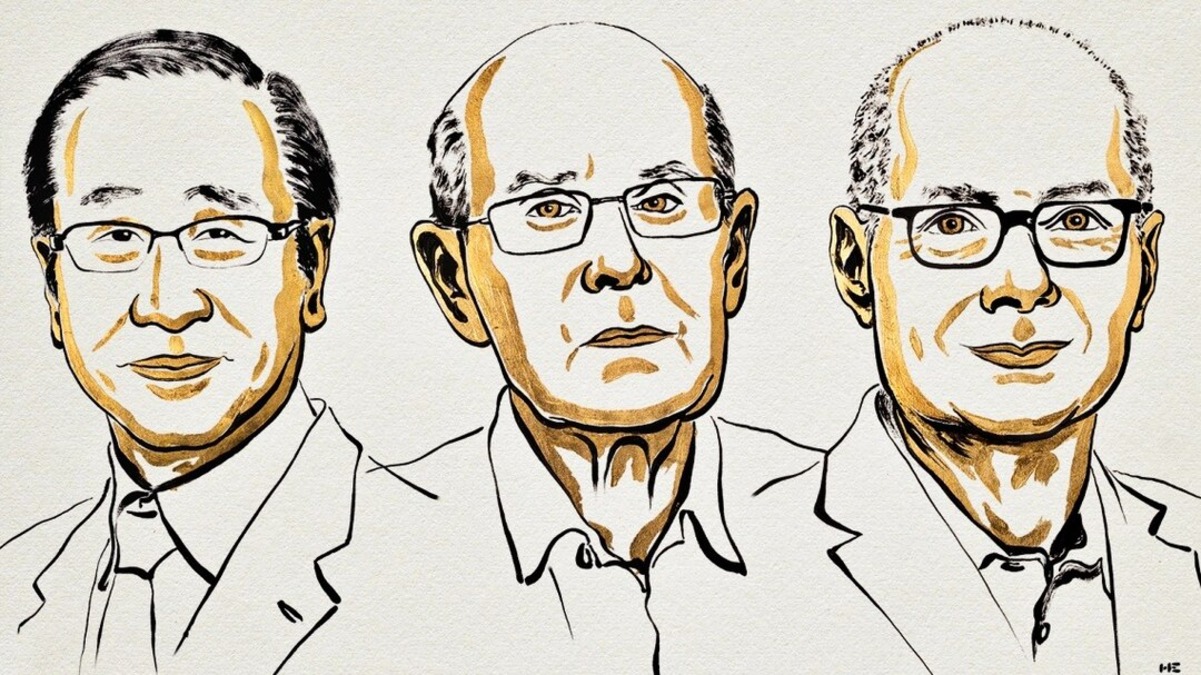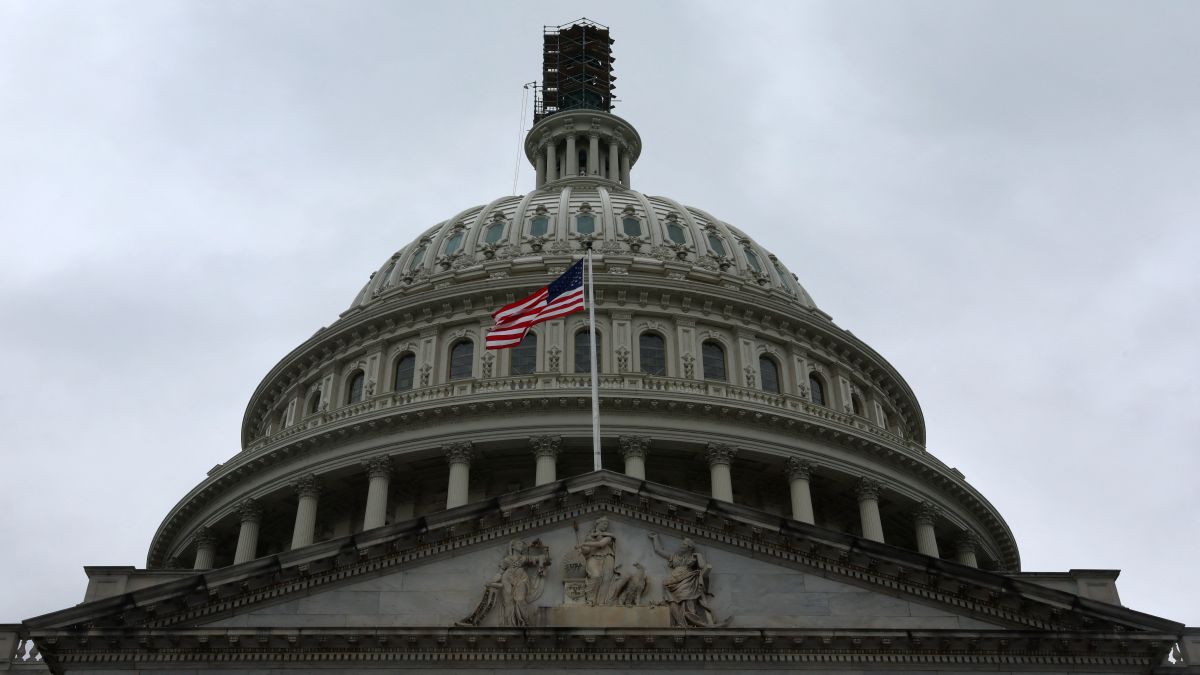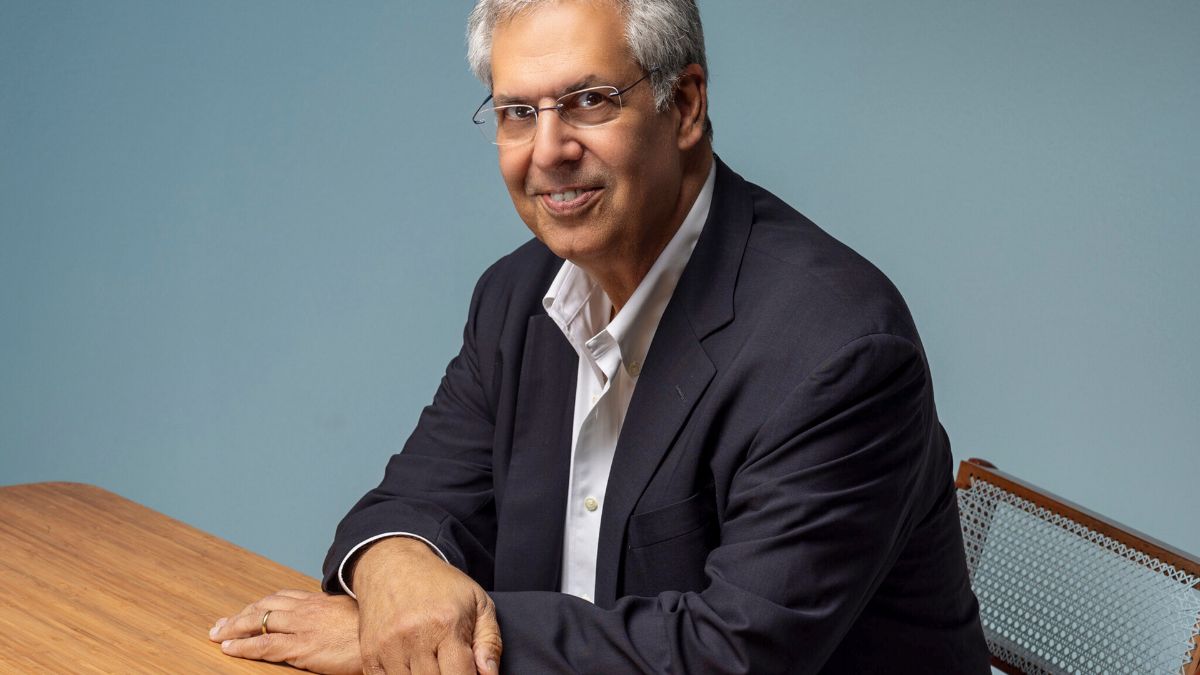The 2025 Nobel Prize in Chemistry has been awarded jointly to Susumu Kitagawa of Japan’s Kyoto University, Richard Robson of the University of Melbourne, Australia, and Omar M Yaghi of the University of California for their groundbreaking work on metal-organic frameworks (MOFs) — a revolutionary class of materials whose molecular structures have “rooms for chemistry.”
The Royal Swedish Academy of Sciences announced the winners at a news conference in Sweden’s Stockholm. The three scientists will share the prize money of 11 million Swedish kronor (£872,000).
BREAKING NEWS
— The Nobel Prize (@NobelPrize) October 8, 2025
The Royal Swedish Academy of Sciences has decided to award the 2025 #NobelPrize in Chemistry to Susumu Kitagawa, Richard Robson and Omar M. Yaghi “for the development of metal–organic frameworks.” pic.twitter.com/IRrV57ObD6
Last year, the prize went to Demis Hassabis, John Jumper, and David Baker for their work on proteins, the essential building blocks of life. This is a developing story.
The Academy said the trio is being honoured “for the development of metal-organic frameworks,” crystalline materials made by linking metal ions with organic molecules to create highly porous structures.
Impact Shorts
More ShortsThese tiny frameworks can trap, store, and control gases and molecules, offering wide-ranging potential for global sustainability. With their enormous internal surface areas, MOFs allow gases like carbon dioxide, methane, or water vapor to flow through their microscopic cavities.
This enables them to perform critical tasks such as capturing greenhouse gases, purifying water, catalyzing chemical reactions, and storing hydrogen fuel.
Scientists describe MOFs as “molecular architecture with purpose-built rooms,” designed to host new and tailored chemical processes.


)

)
)
)
)
)
)
)
)



